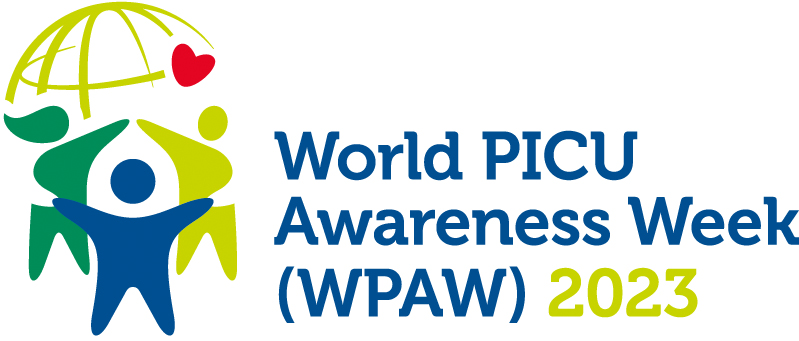
Every year WFPICCS promotes World PICU Awareness Week to raise awareness about important themes impacting #PedsICU. Member societies and key stakeholders contribute to awareness and advocacy activities at a global and regional level. This year the theme is sepsis.
ESPNIC produced a series of podcasts involving parents, key decision-makers and healthcare professionals to discuss key sepsis prevention, resuscitation and management issues. Sepsis is a major cause of child death. In developing countries, the majority of the 7.5 million annual deaths in children under 5 years of age are considered to be secondary to sepsis, showing that sepsis is still largely neglected and the scope for advocacy and improvement is high.
Episode 1: How can organizations support sepsis prevention and care in paediatrics
In this episode, you will hear Prof Akash Deep discussing with Dr Ron Daniels how organizations can support sepsis prevention and care in paediatrics.
Episode 2: Parent’s Role in early recognition of Sepsis in Children
In this episode, you will hear Prof Akash Deep discussing with Melissa Maed on Parent’s role in the early recognition of sepsis in children.
Episode 3: Research and implementation priorities for sepsis management
In this episode, you will hear Prof Akash Deep discussing with Prof Luregn Schlapbach on Research and implementation priorities for sepsis management.
Episode 4: Recognition of Sepsis
In this episode, you will hear Dr Orsola Gawronski discussing with Dr Gerri Sefton on Sepsis Recognition.
Episode 5: Sepsis Management in Natural Disasters
In this episode, you will hear Dr Nilufer Ozturk discussing with Dr Ener Cagri on Sepsis management in natural disasters.
Episode 6: PICU Management of Sepsis
In this episode, you will hear Dr Gabriella Bottari discussing PICU management of sepsis with Dr Maria Santiago.
Episode 7: Supporting Children and Families Following Life-threatening Sepsis
In this episode, you will hear Dr Joseph C. Manning discussing with Dr Gillian Colville on how to support children and families following life-threatening sepsis.

